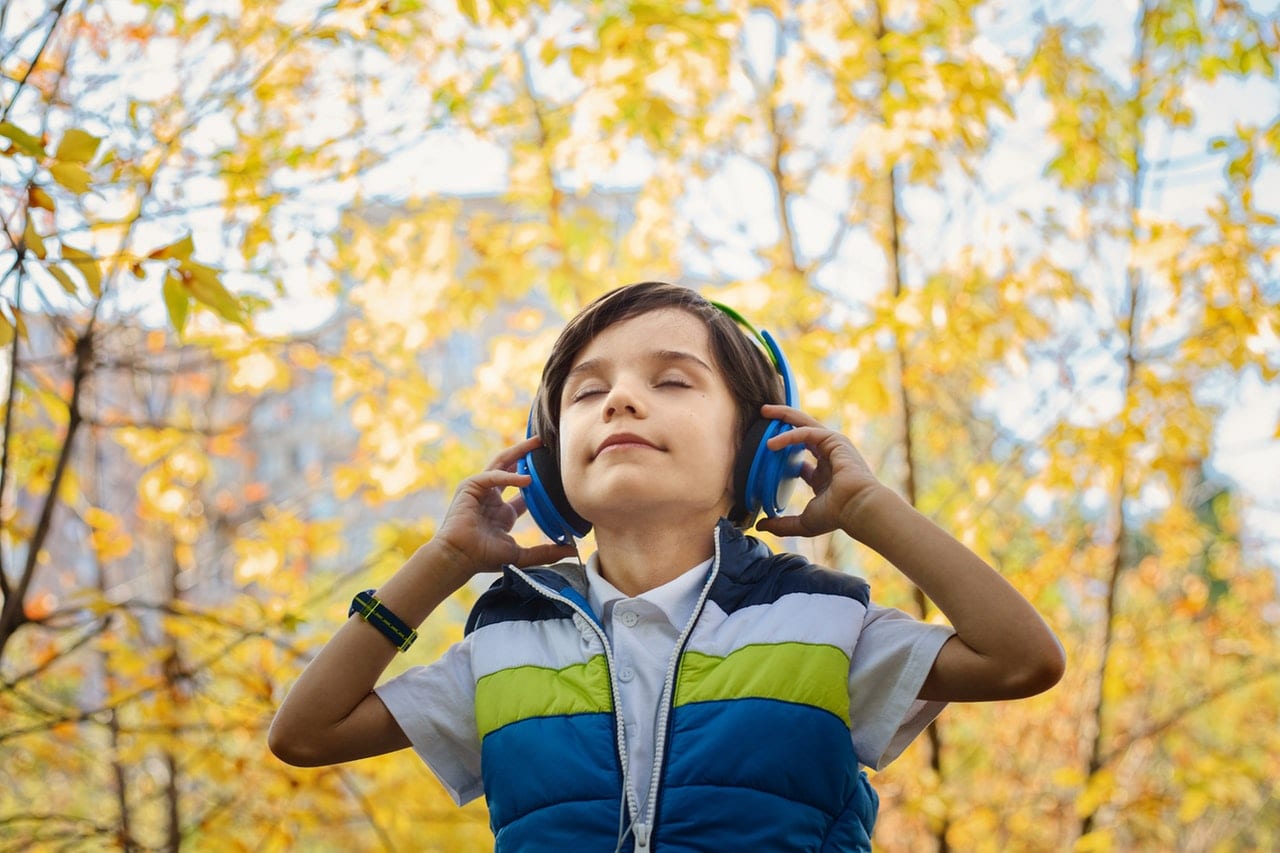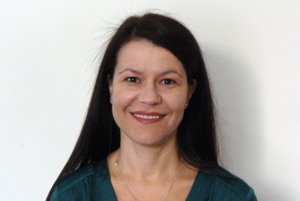
Cool Kids Health Reduces Somatic Symptoms in Children With Anxiety
 A new study by researchers at Macquarie University shows that a brief psychotherapy program is effective in treating highly distressed youth with both somatic health symptoms and anxiety and/or depression.
A new study by researchers at Macquarie University shows that a brief psychotherapy program is effective in treating highly distressed youth with both somatic health symptoms and anxiety and/or depression.
Associate Professor Maria Kangas was awarded an Australian Rotary Health Mental Health Research Grant from 2015-2017 to investigate whether the Cool Kids Health (CKH) program could reduce somatic health symptoms, such as recurring stomach aches or headaches, and improve emotional wellbeing in children aged between 7-17 years with depression and/or anxiety.
The CKH program consisted of ten 60-minute weekly sessions, with the first session for parents and the remaining 9 sessions for the child.
“The remaining 9 weekly child sessions include psycho-education, behavioural activities, acceptance and problem-solving strategies to enhance coping skills in managing distressing thoughts and behaviours pertaining to somatic health complaints and concurrent anxiety and depression,” Associate Professor Kangas said.
At the end of each 50-minute session with the child, a therapist would meet with the child’s parents in the last 10 minutes to talk about their progress and how they could assist the child with implementing the strategies.
“Findings showed that children who were randomized to receive the Cool Kids Health program experienced a significant reduction in somatic health symptoms by the end of the 10-session program compared to children randomized to a 10-week wait-list condition.”
“In addition, children who immediately received the CKH program also experienced a significant reduction in concurrent anxiety symptoms and an improvement in school participation.”
These results were maintained for the majority of children at follow-up.
“The Cool Kids Health program helped children regain their life back by equipping them with the skills to manage their somatic symptoms and overcoming their distress whilst no longer having to take extended time off school, social and family activities,” Associate Professor Kangas said.
The study also benefitted the parents too, with reports parents felt they engaged in less overprotective behaviours towards their child by the end of the therapy program.
“Including parental components in the CKH program had added benefits in reducing the overprotective behaviours of parents which can inadvertently help maintain ‘sick role’ behaviours in their children.”
The CKH program is currently being offered by clinicians at the Centre for Emotional Health at Macquarie University, but Associate Professor Kangas hopes these findings will also be useful to other health professionals.
“The next step is to inform paediatricians, GPs, school counsellors and families in the broader community about the psychosocial burden that children with recurring benign health complains can experience – and that this can be successfully managed and treated by non-invasive psychological therapy, via the CKH program.”
To find out more about the CKH program, visit the website.
Media contact: Jessica Cooper – (02) 8837 1900 or [email protected]